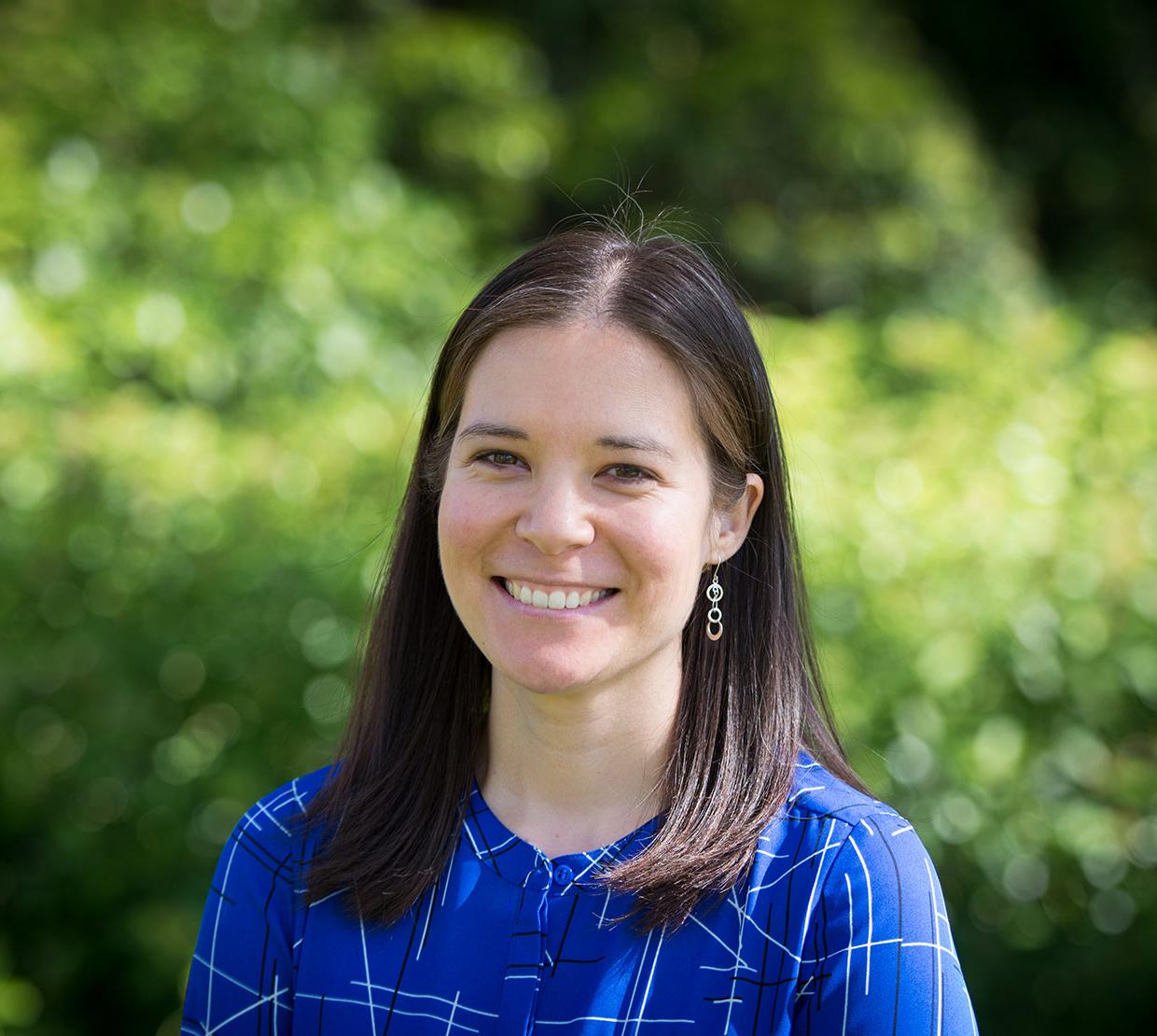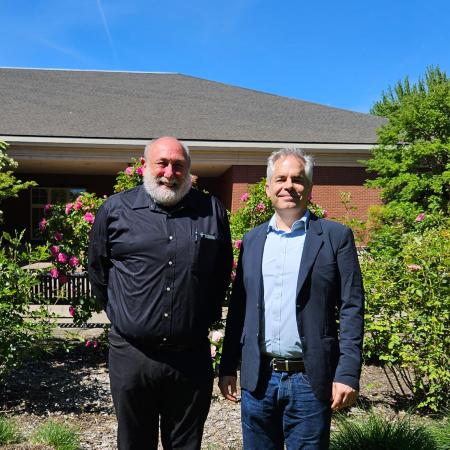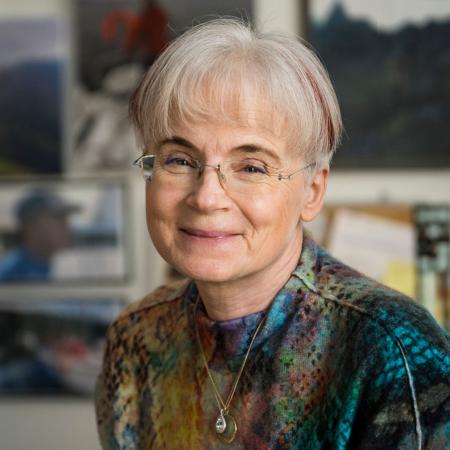Elise Lockwood, associate professor of mathematics, is part of a $141K, one-year grant from Google to enhance and increase integration between computer science (CS) education and mathematics teacher education curriculum. The project aims to better equip more teachers to teach computational concepts and practices in Oregon high schools. The grant is awarded as part of Google’s growing efforts to support excellent, cutting-edge research in academia.
As part of the project “Integrating CS Education into Teacher Education and K-12 Mathematics,” Lockwood will develop teaching modules for mathematics education students at OSU to build their computer science knowledge and skills. She will collaborate with colleagues Jennifer Parham-Mocello, assistant professor of computer science in the College of Engineering and the lead investigator on the study, and Rebekah Elliott, associate professor of mathematics education in the College of Education at OSU.
This mathematics and computer science education project aims to develop computational thinking and fluency of K-12 students both to enrich their conceptual understanding and to better prepare them for jobs in a highly technological society. The researchers say that this is especially important for Oregon “where many school districts have a growing population of youth minoritized within the educational system who are experiencing lower graduation rates than white peers and are relegated to low track courses and below grade level learning.”
Furthermore, Lockwood and Parham-Mocello point out that Oregon is one of only five states that has no policy to support K-12, computer science education. According to a report on K-12 computer science education in Oregon, only 37% of all high schools teach computer science, and universities in Oregon did not graduate a single new teacher prepared to teach computer science in 2016.
In an attempt to transform the dispiriting circumstances surrounding computer science education in Oregon schools, Lockwood and her colleagues are expanding ways to implement computer science education by exploring connections between secondary mathematics content and basic computational concepts. The researchers will “identify specific topics in existing mathematics standards (for secondary students) that fit with core CS concepts,” and then use those topics to build teachers’ knowledge and skills in computer science.
Over the 2019-2020 academic year, the Google award will offer unique opportunities for students on campus who plan to become secondary mathematics teachers. Both master’s students in the College of Education and undergraduate students in the mathematics department in the College of Science are eligible to participate. Lockwood and her colleagues will develop curricular materials to be utilized in a capstone mathematics course sequence for undergraduate pre-service teachers at OSU, and they will also create curriculum to work with a group of master’s level teacher candidates. In the process, the OSU students studying mathematics education will learn the basics of computational thinking, which they can apply in their future careers as teachers.
Extending mathematics education to computational learning
Lockwood is a highly regarded scholar in the area of mathematics education research. Her impressive research on how students learn combinatorics has steadily expanded to investigate the role played by students’ computational thinking and activity in mathematical and STEM learning. She was awarded a $800K five-year NSF CAREER award in 2017 to study how computational settings, specifically introductory Python programming, can strengthen aspects of students’ combinatorial reasoning. Her published research on using basic Python programming for undergraduate combinatorics problem solving paves the way for novel and creative methods of using computing.
While Lockwood’s CAREER grant was not designed to focus on pre-service teachers explicitly, findings from that project can inform how pre-service mathematics teacher training might involve computational thinking and activity.
“I am thrilled to work with my colleagues Jennifer and Rebekah on this project, and I think that our respective areas of expertise set us up well for a productive collaboration. I am very excited that this award will let us start some exciting work that fits well with my CAREER project,” said Lockwood.
She received the John and Annie Selden Prize for Research in Undergraduate Mathematics Education from the Mathematical Association of America. Lockwood was also awarded a 2019 Fulbright research scholarship to conduct research on how computing can help the teaching and learning of mathematics at the University of Oslo, Norway.




